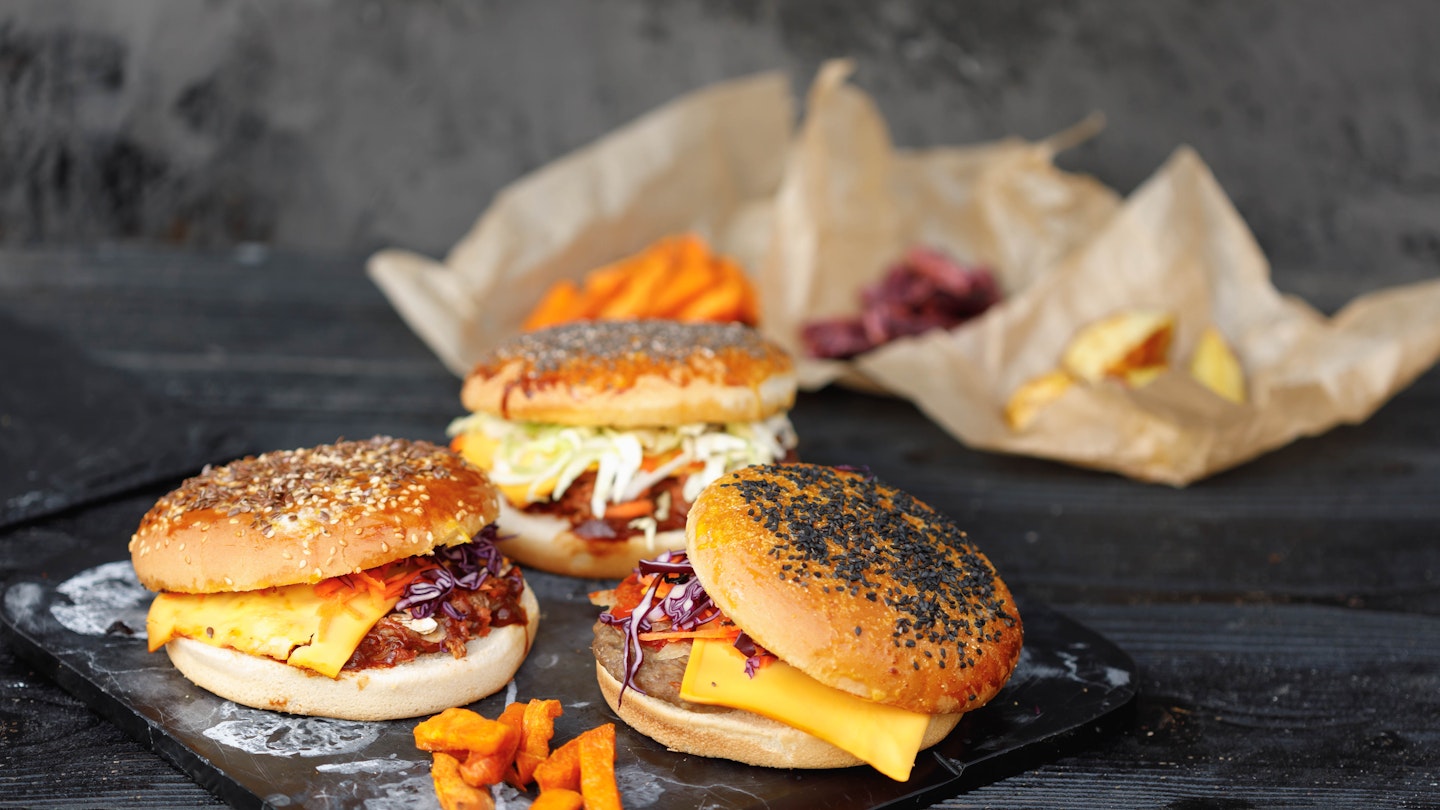A man in the US is suing Burger King for cooking his vegan burger on the same grill used for meat. As a result, a debate has started in the vegan community about whether cross-contamination is an important issue or not.
Philip Williams filed the class action suit in Miami this week, stating that the Impossible Whopper burger, which is made from plant-based products, is ‘coated in meat by-products’ when it is cooked on a meat grill.
He says the tagline ‘100% Whopper, 0% Beef’ is misleading and accuses the burger chain of not clearly advertising that plant-based burgers are cooked on meat grills. Stating that he would not have ordered the burger – which costs one US dollar more than beef burgers - had he known, he is requesting damages for everyone in the US who bought the Impossible Whopper.
He also wants an injunction that would force Burger King to ‘plainly disclose’ that both vegan and meat burgers are cooked on the same grills. In the small-print on Burger King’s website, it says that anyone wanting a completely meat-free option can request a ‘non-broiler method of preparation’.
The lawsuit has caused a debate in the vegan community, with some vegans supporting William’s sentiment and others strongly opposed to the idea that cross-contamination is worth a lawsuit.
‘Cross-contamination is always a risk but it isn't a major concern for most vegans,’ Dominika Piasecka, spokesperson forThe Vegan Society told Grazia. ‘Veganism is about helping the animals with our purchases rather than the personal preferences of vegans; it's doing your best to avoid products that harm animals.
‘Buying and eating a vegan burger that has been cooked on the same grill as meat does not support animal exploitation and many vegans would happily purchase such meals,’ she concluded.
Fellow vegan Soph Bailey-Smith, 24 from Milton Keynes however, disagrees. As a vegetarian of 14 years and vegan for the last six years, she says she would ‘feel horrible’ if she ate vegan food cooked on a meat grill.
‘I would be consuming something I've made a point not to eat since I was 10 years old,’ she told Grazia. ‘Meat eating repulses me. I don’t mind others eating it around me but I've made a conscious decision not to eat meat for animal cruelty reasons and the environmental impact so if vegan food was contaminated with meat juice I would be really upset.’
‘If I know a restaurant cooks my vegan meal on a pan that's had meat on it, I wouldn't eat it,’ she continued. ‘Which is why I don't usually ask, I trust that if it says on the menu it's vegan, that it's cooked separately. Having worked in hospitality and cafés before, this was a procedure in place there, and so I hope it is everywhere.’
On the other end of the debate is Ari Solomon, an animal rights activist and founder of Veganista, who agrees with The Vegan Society that eating contaminated vegan food does not support animal exploitation.
‘You know who doesn’t care if the vegan food you eat is cooked next to meat? The animals,’ he tweeted. ‘Veganism is not about purity, it’s a rejection of animal exploitation. Don’t make it about you, it’s about them.’
It seems, as with a lot of debates in the vegan community, cross-contamination is clearly quite the contentious issue.
Read More: Check out these vegan protein sources
Vegan Protein Sources - Grazia
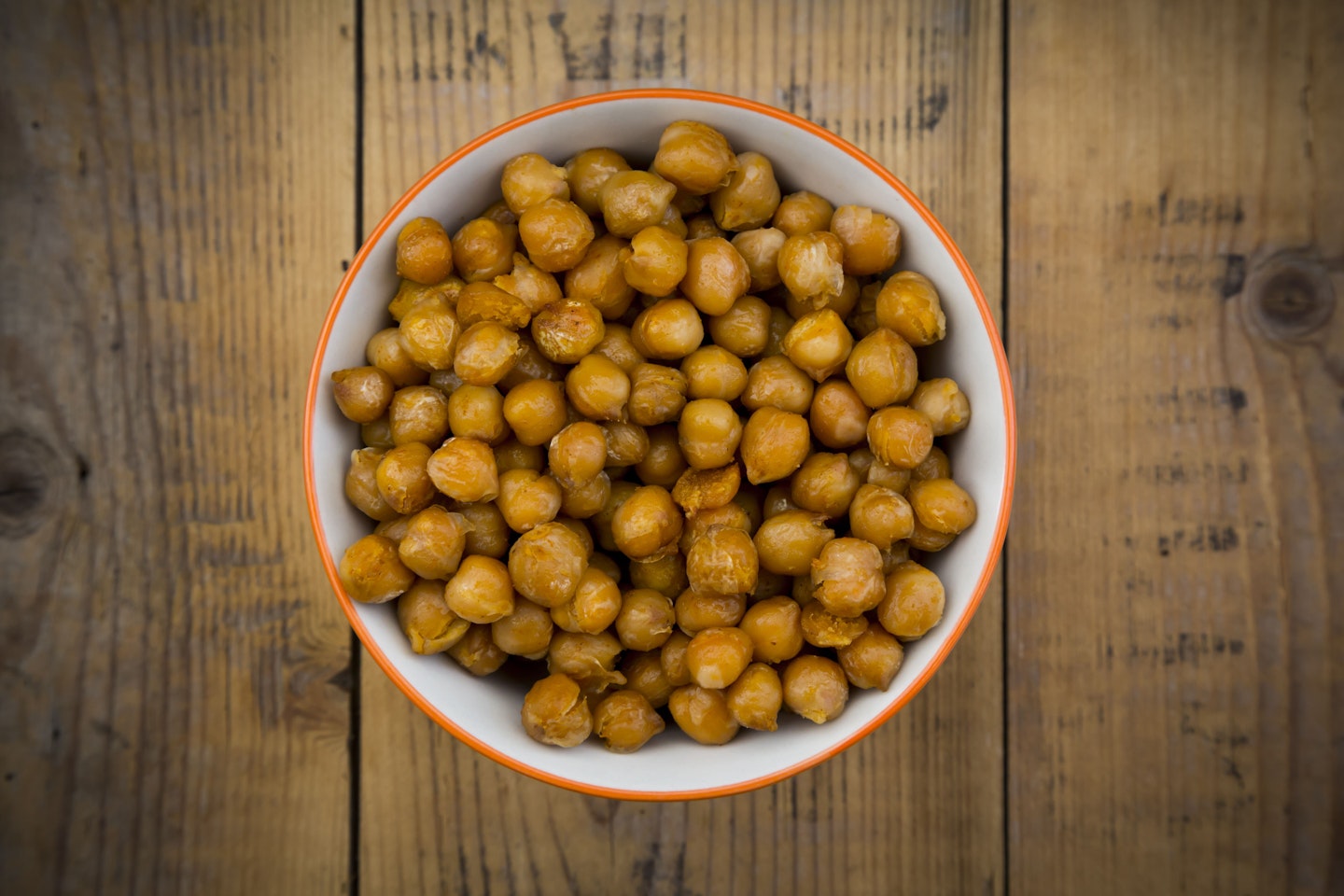 1 of 17
1 of 17Chickpeas
1/2 a cup of chickpeas will give you 6-8 grams of protein depending on the brand!
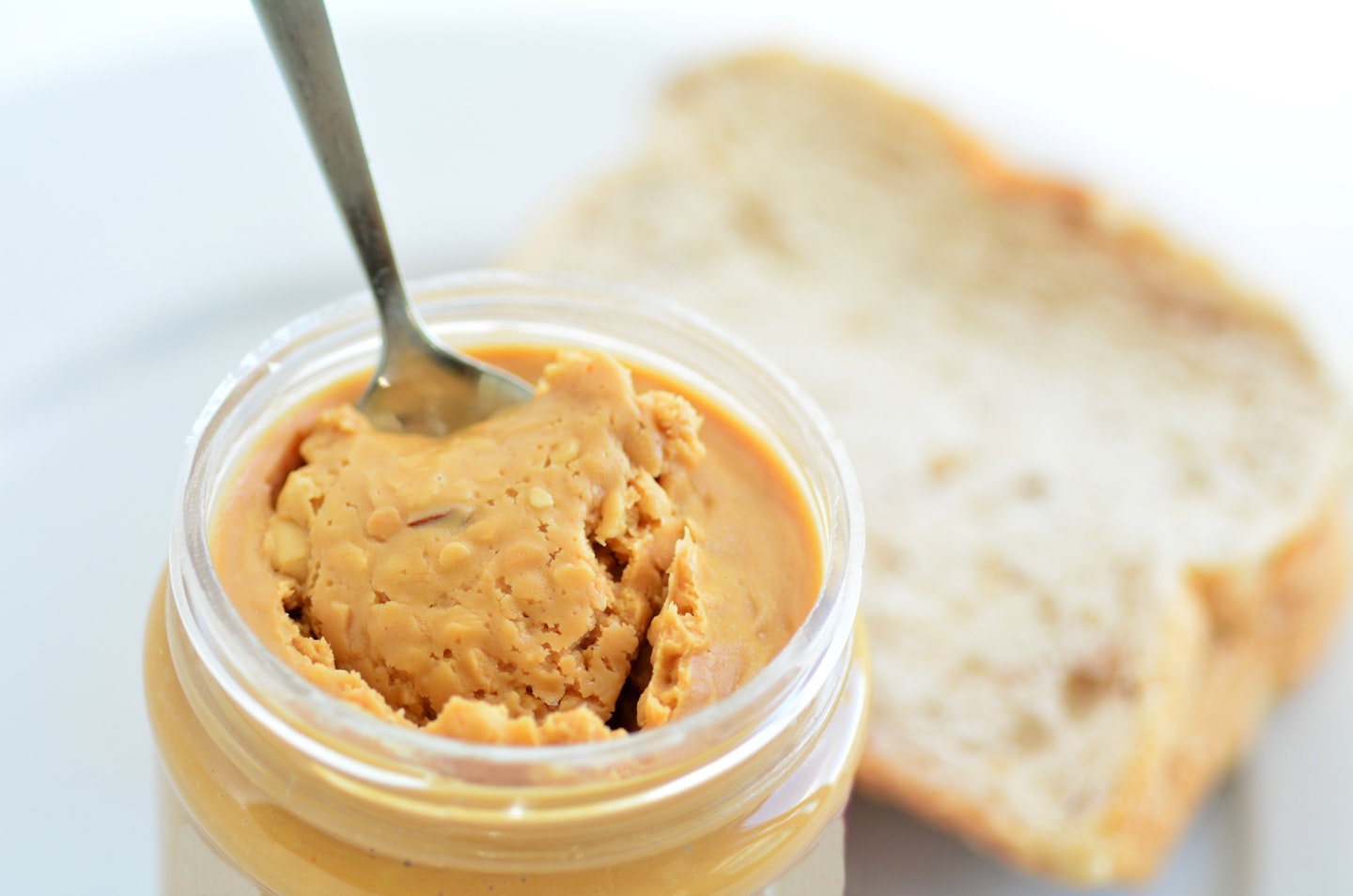 2 of 17
2 of 17Peanut Butter
Delicious AND nutritious, peanut butter is a body builders secret weapon. Two tablespoons give you eight grams of protein!
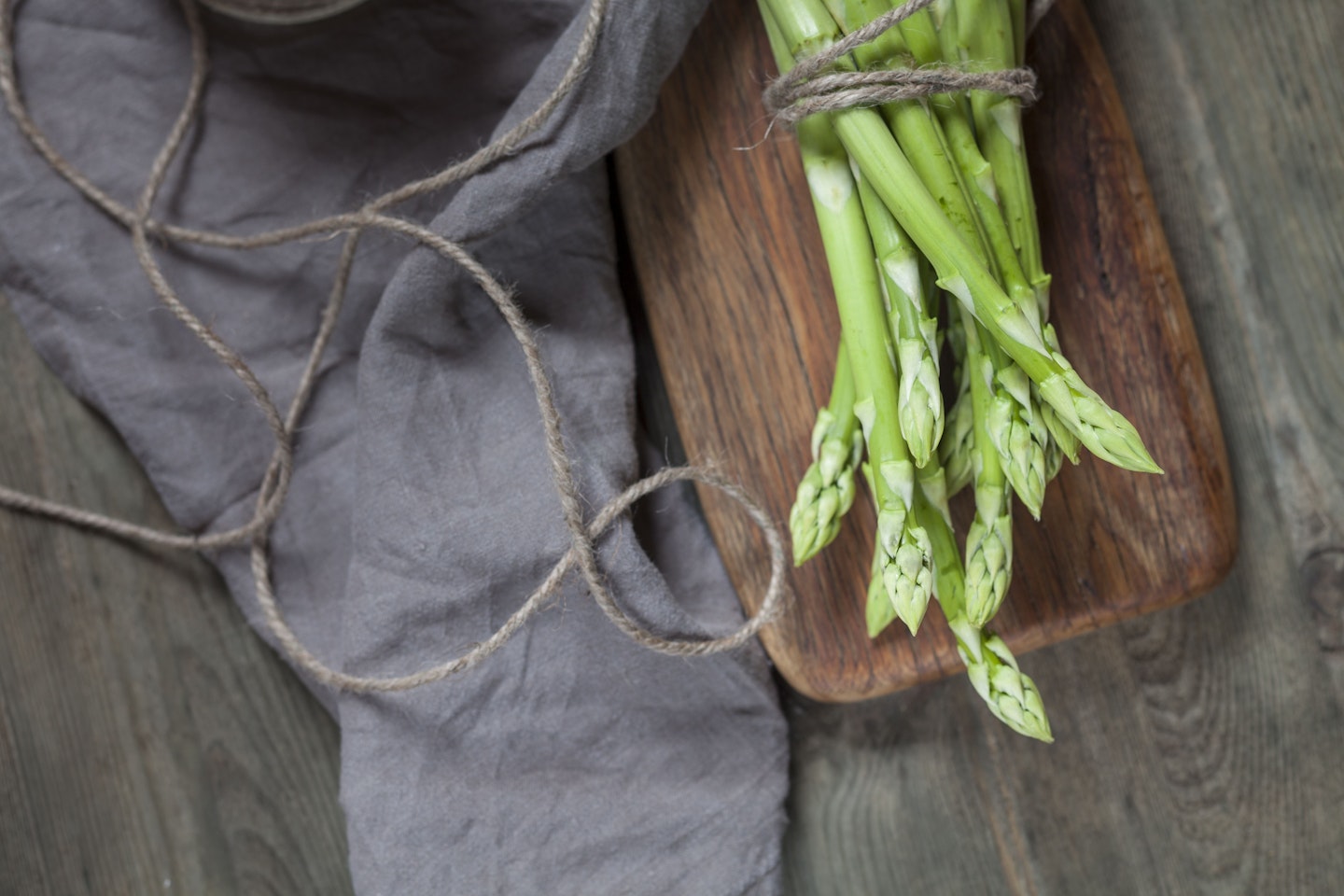 3 of 17
3 of 17Asparagus
Also a great source of vitamin B, asparagus contains 4 grams of protein per cup.
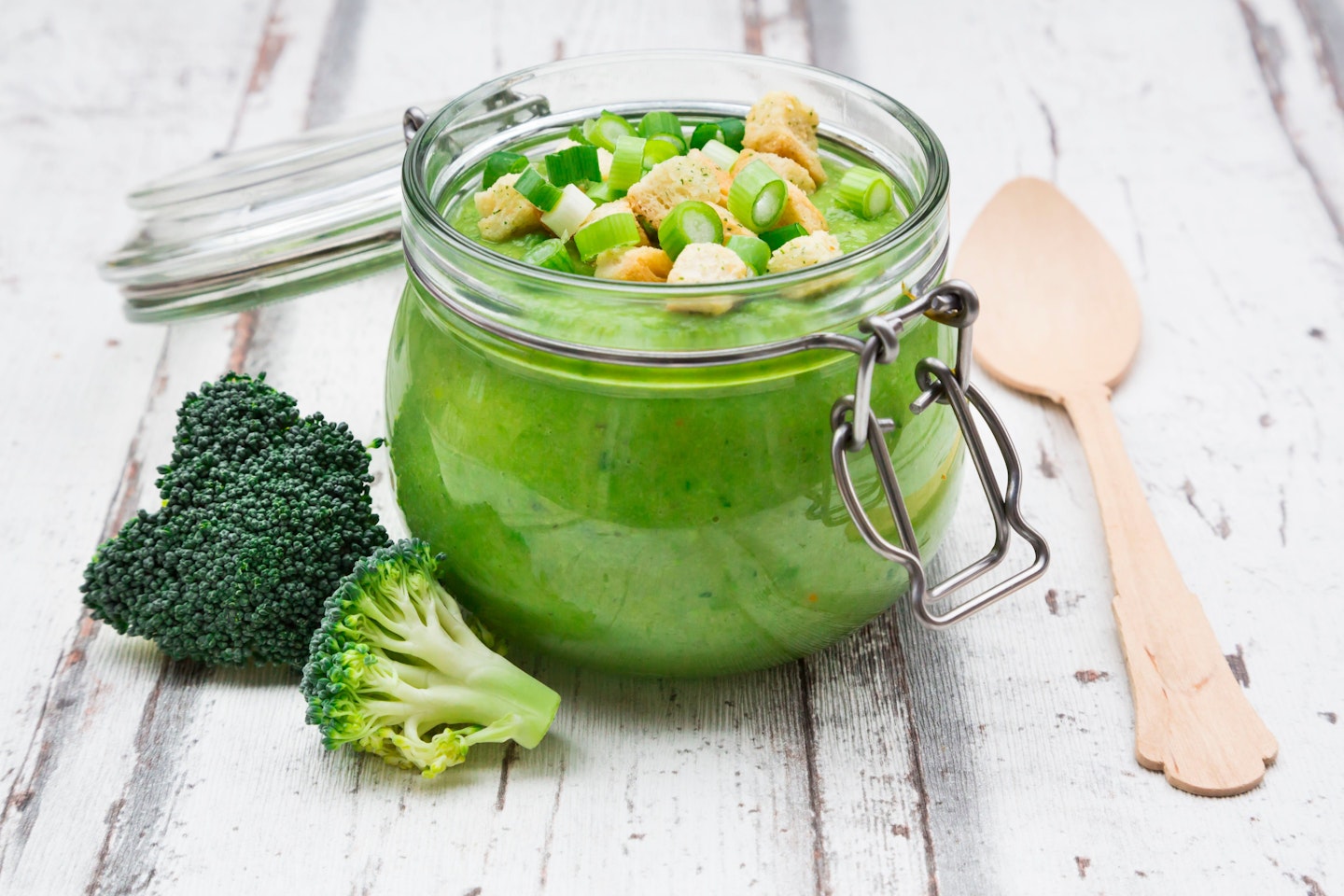 4 of 17
4 of 17Broccoli
It's not all vitamin C, calcium and fibre, broccoli also contains four grams of protein per cup.
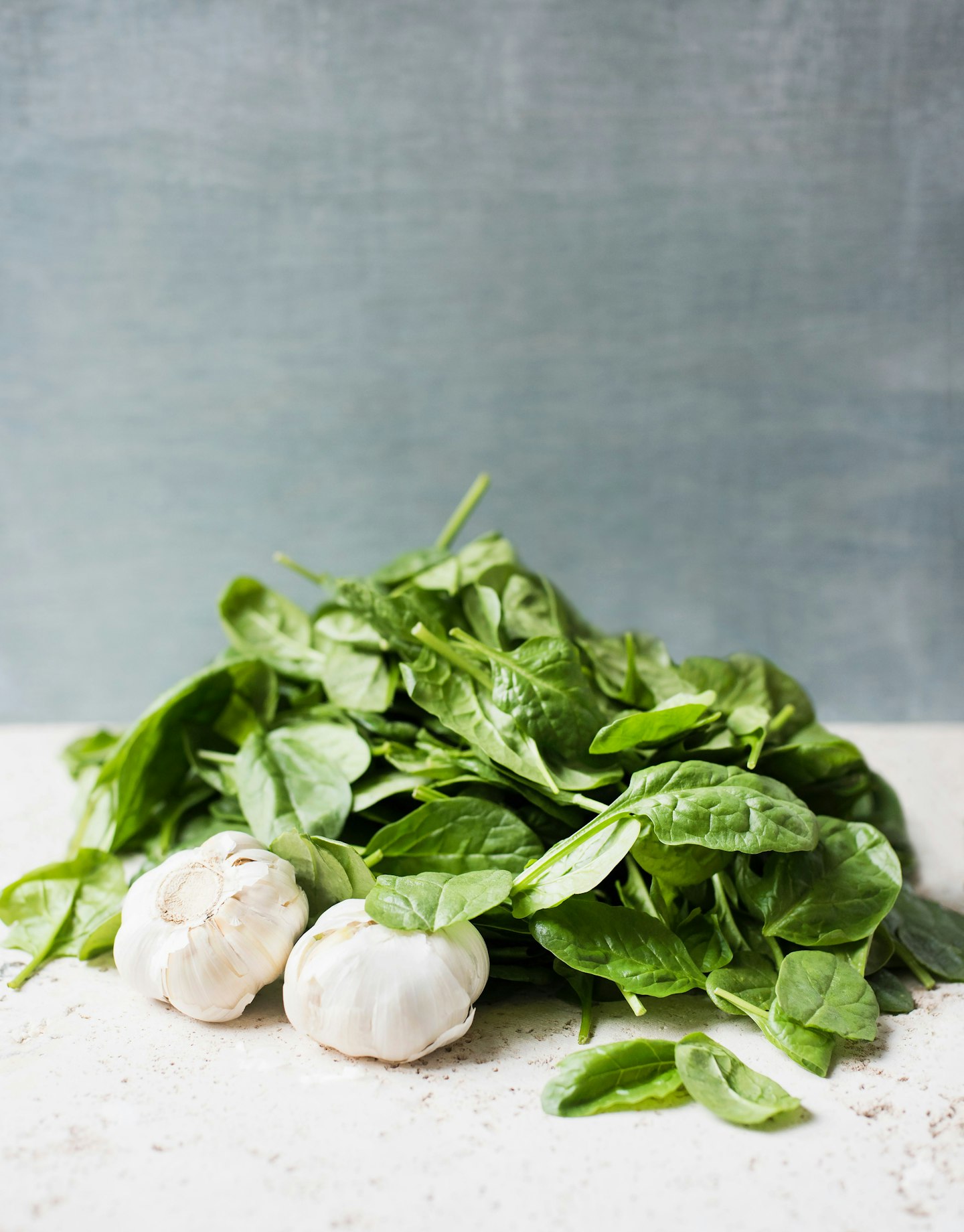 5 of 17
5 of 17Spinach
A known favourite of #bodygoals icon Pop Eye, spinach contains 5 grams of protein per cup!
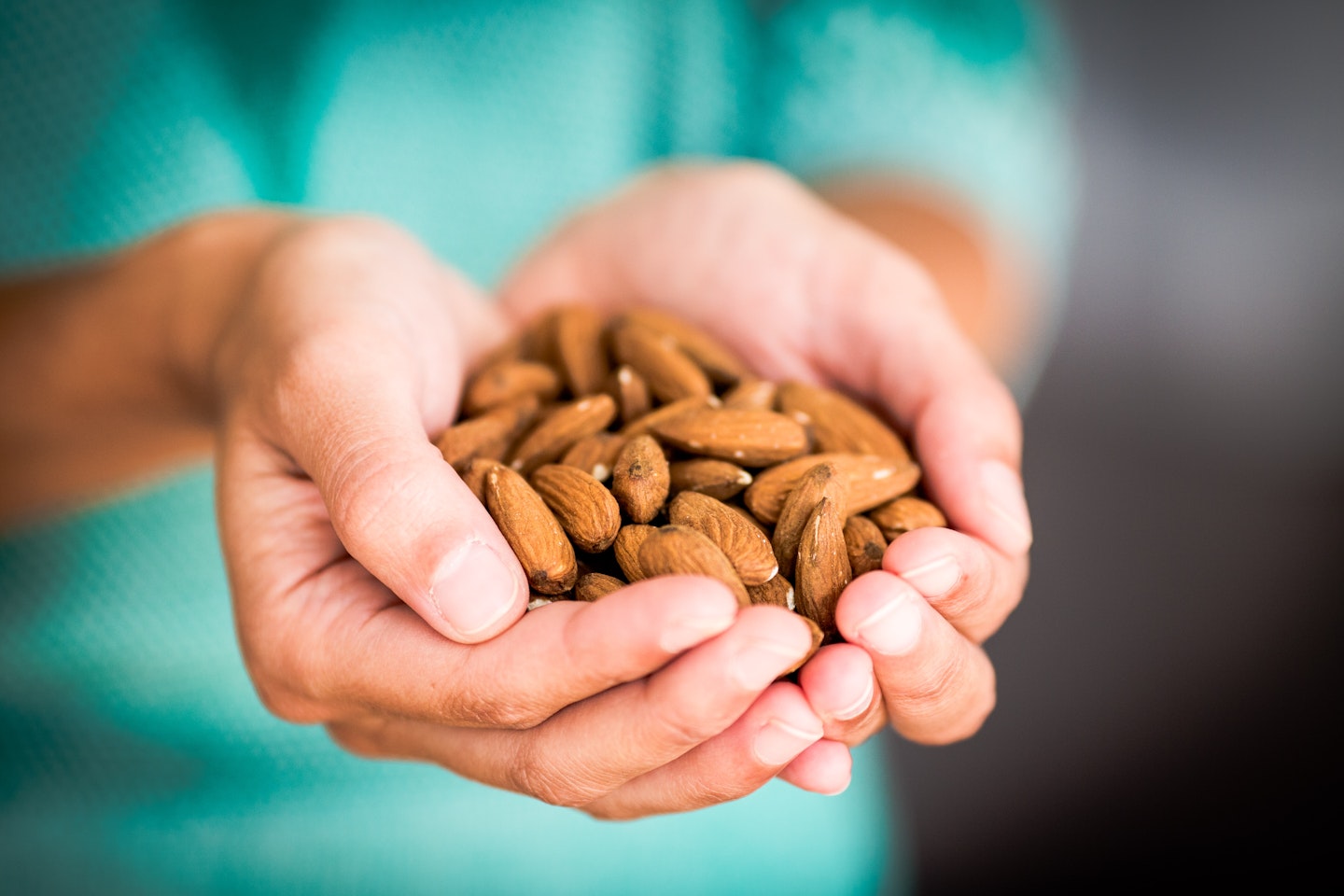 6 of 17
6 of 17Almonds
Almonds are not only a healthy and morish snack for your afternoon slump, they also contain seven grams of protein per cup.
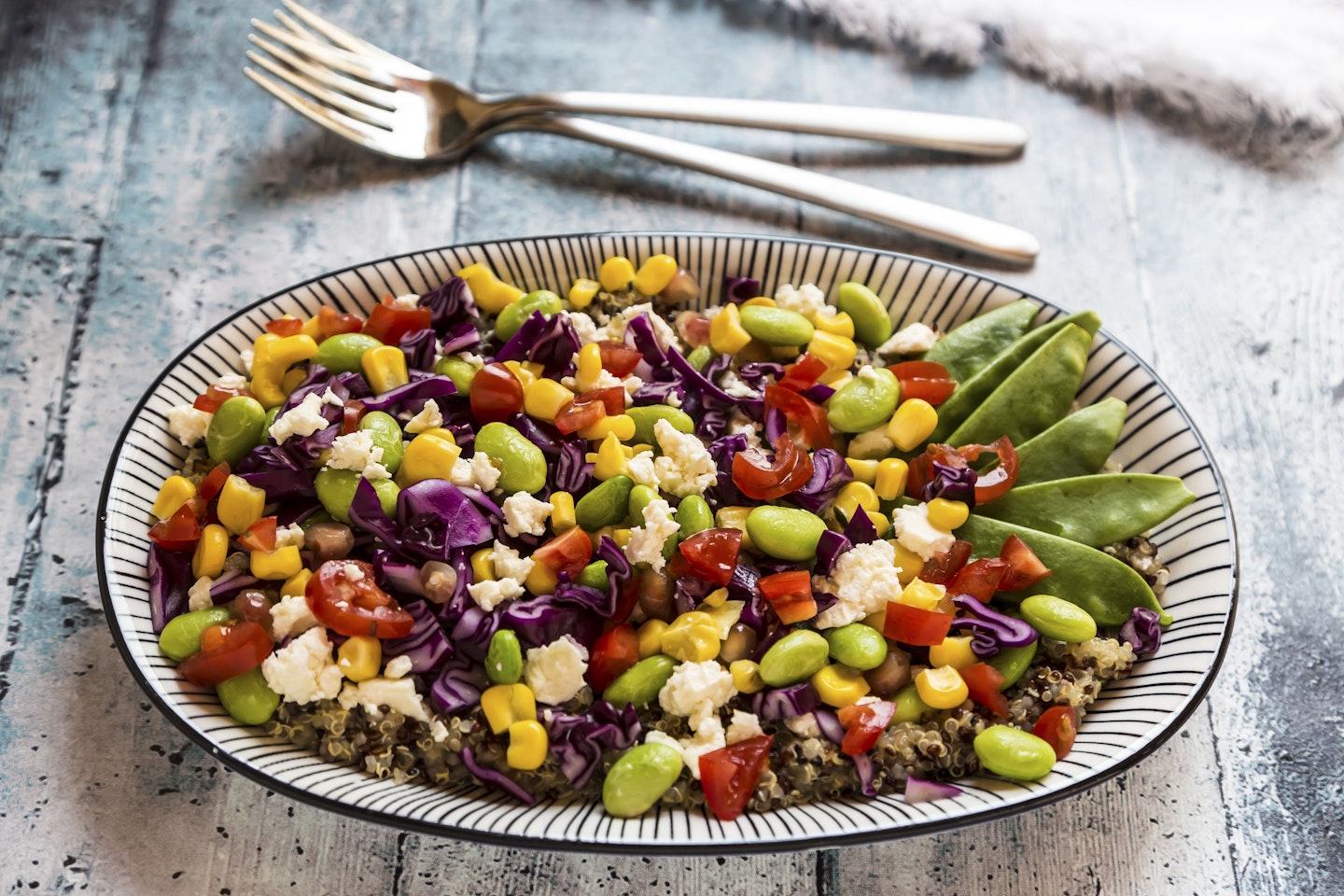 7 of 17
7 of 17Edamame Beans
With 8.5 grams of protein per half cup, edamame beans are a great addition to dish for an extra kick.
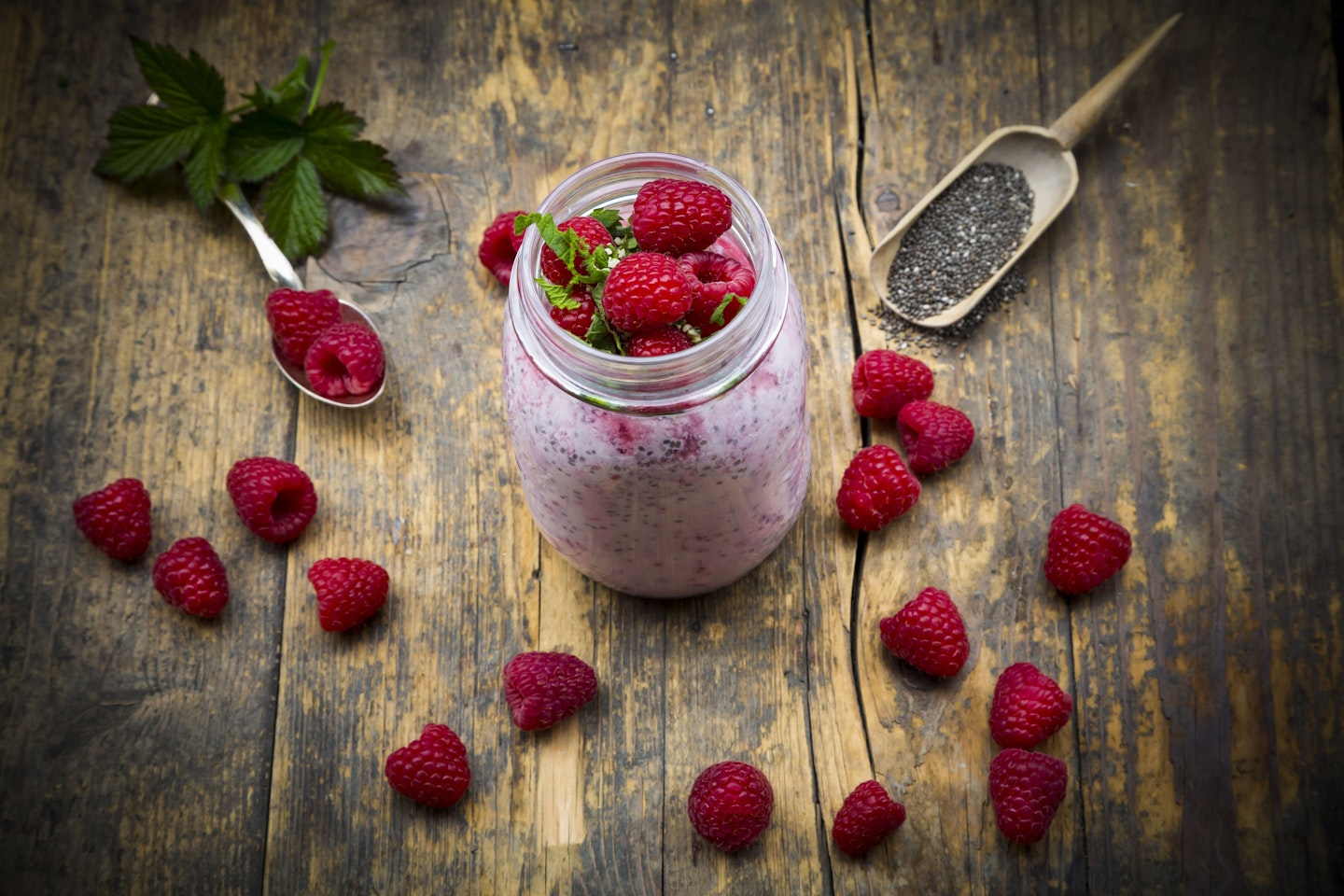 8 of 17
8 of 17Hemp Seeds
These are a protein powerhouse with 13 grams in just three tablespoons! Add them into a smoothie or your oatmeal and you'll be meeting your macros for days.
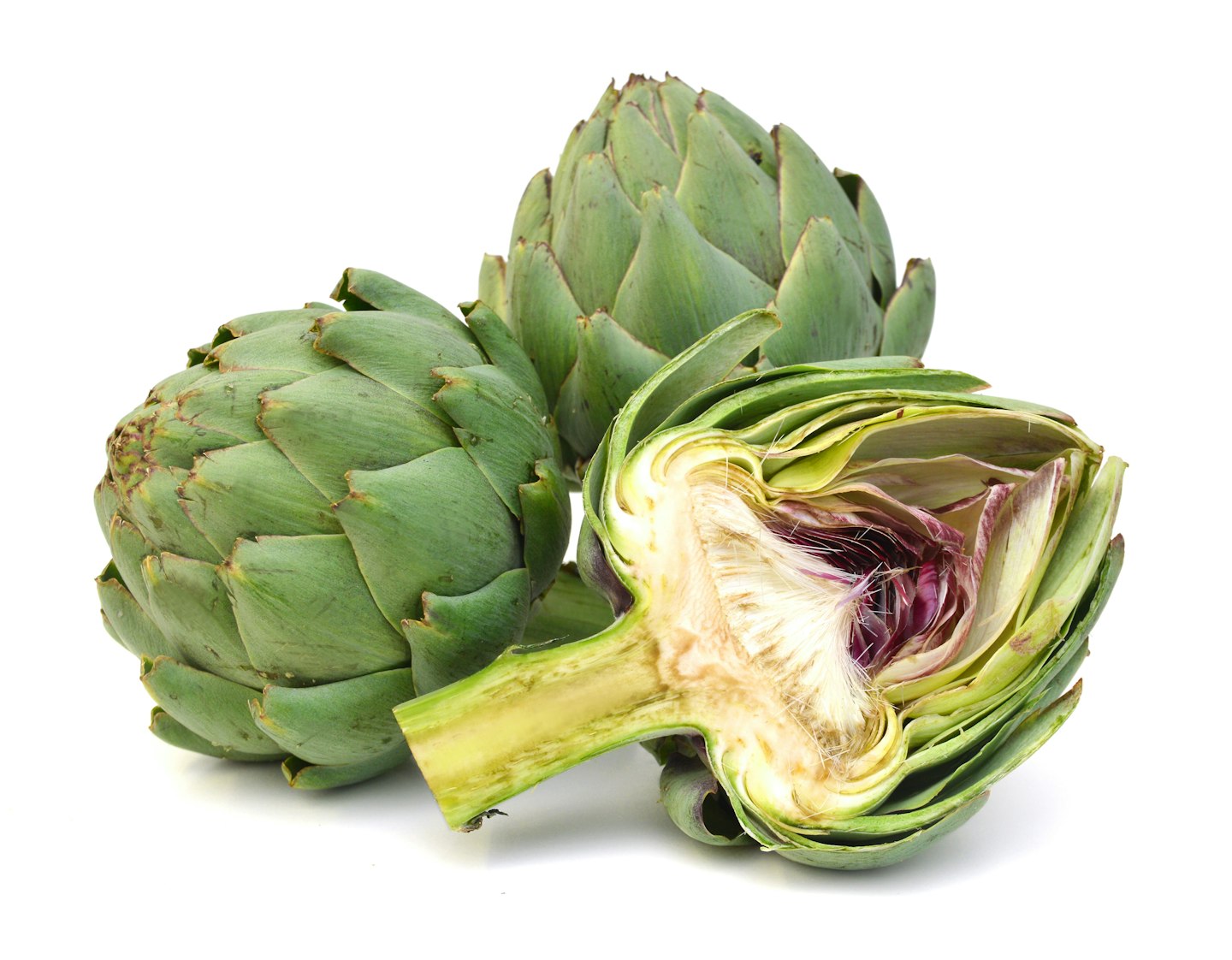 9 of 17
9 of 17Artichoke
It might not be the prettiest vegetable, but with four grams of protein per half cup it's a great additional to your evening meal.
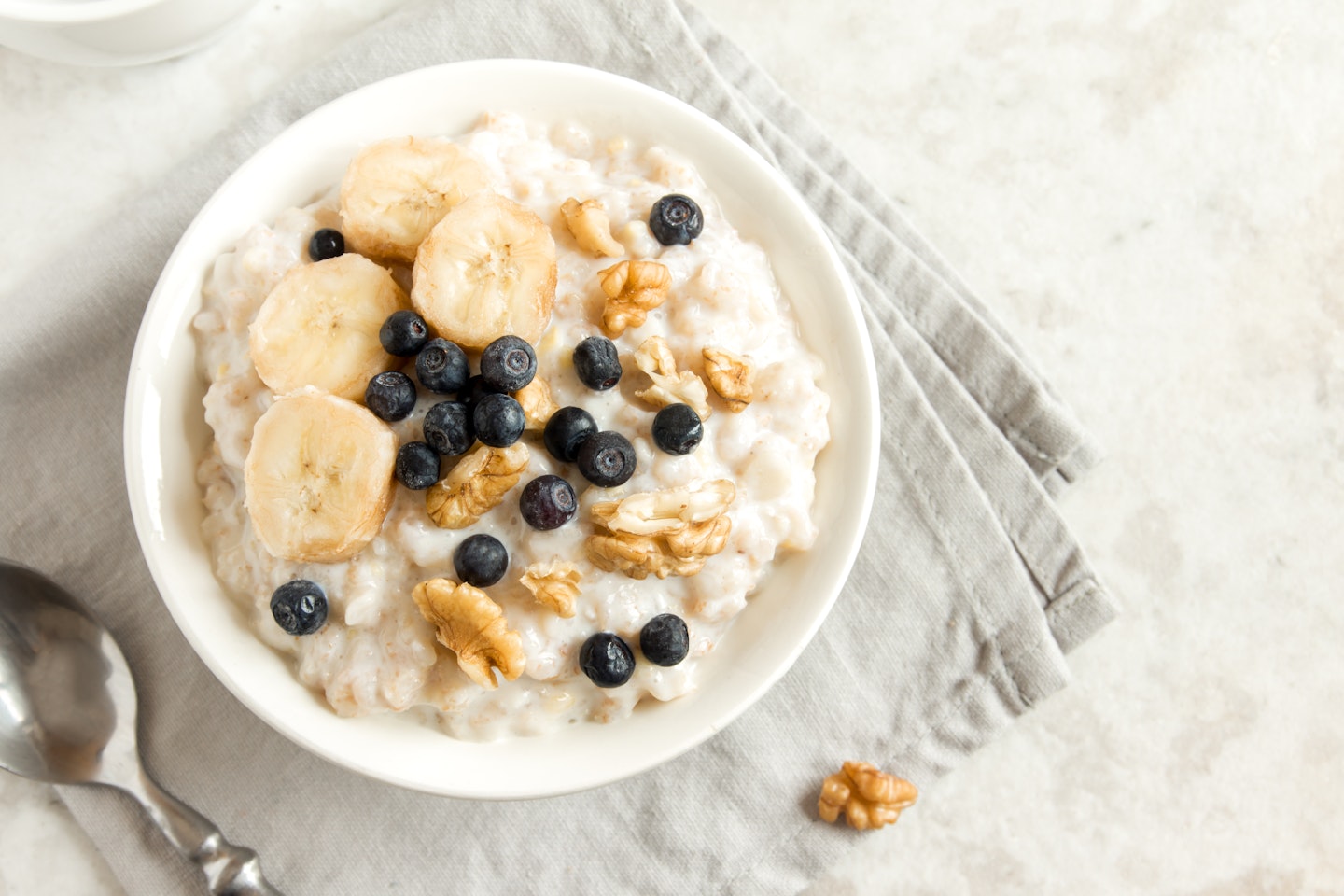 10 of 17
10 of 17Oatmeal
With three times the protein of brown rice plus less starch and more fiber, oatmeal is the perfect way to start your day.
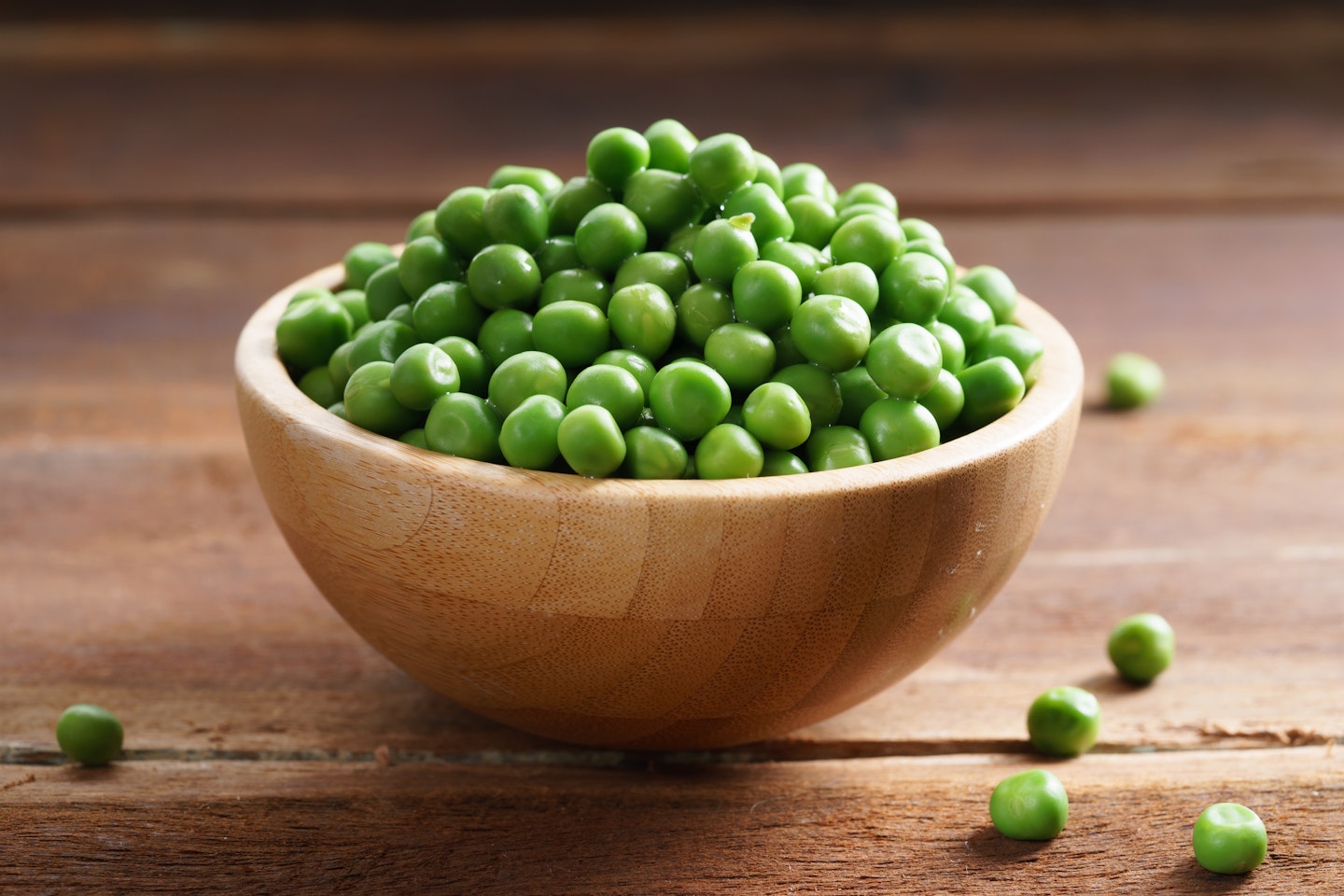 11 of 17
11 of 17Green Peas
A household favourite, green peas contain eight grams of protein per cup, making that fish, chips and peas combo sound a little more nutritious. ..
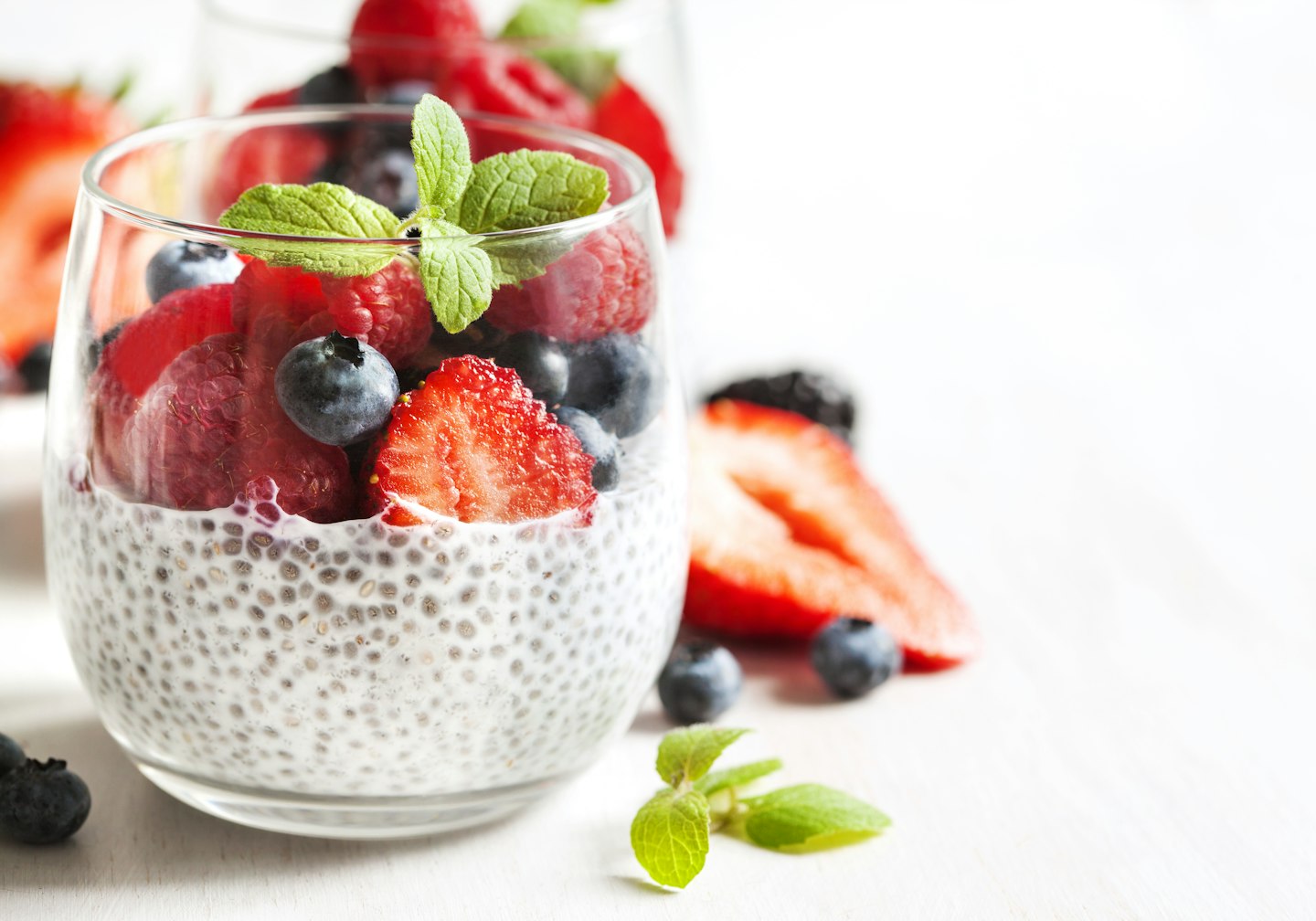 12 of 17
12 of 17Chia Seeds
A known superfood, chia seeds contain five grams of protein per two tablespoons. You can put them in a smoothie or your breakfast for that extra kick of goodness.
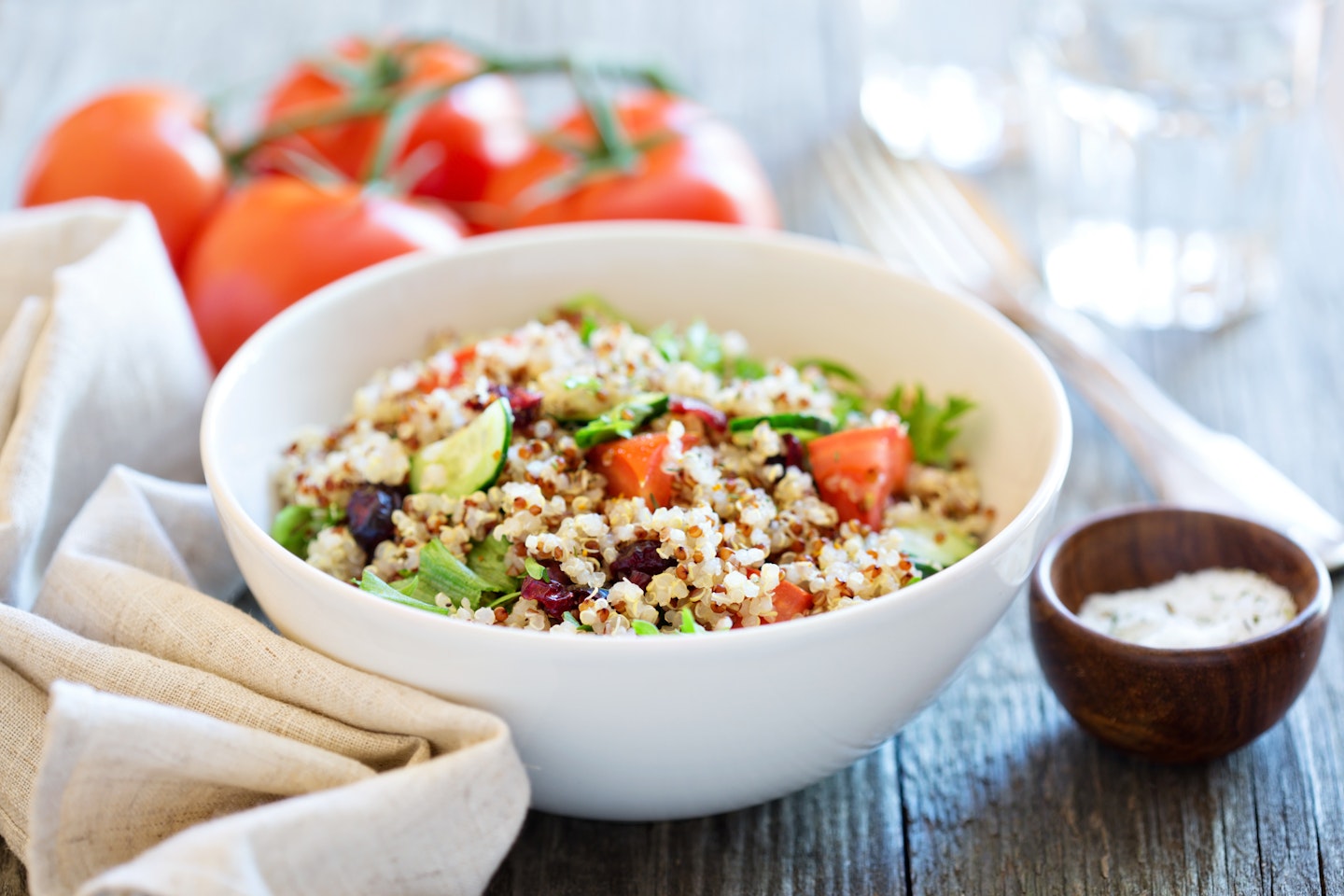 13 of 17
13 of 17Quinoa
This gluten-free grain gives you eight grams of protein per cup, plus its a delicious addition to any rice dish.
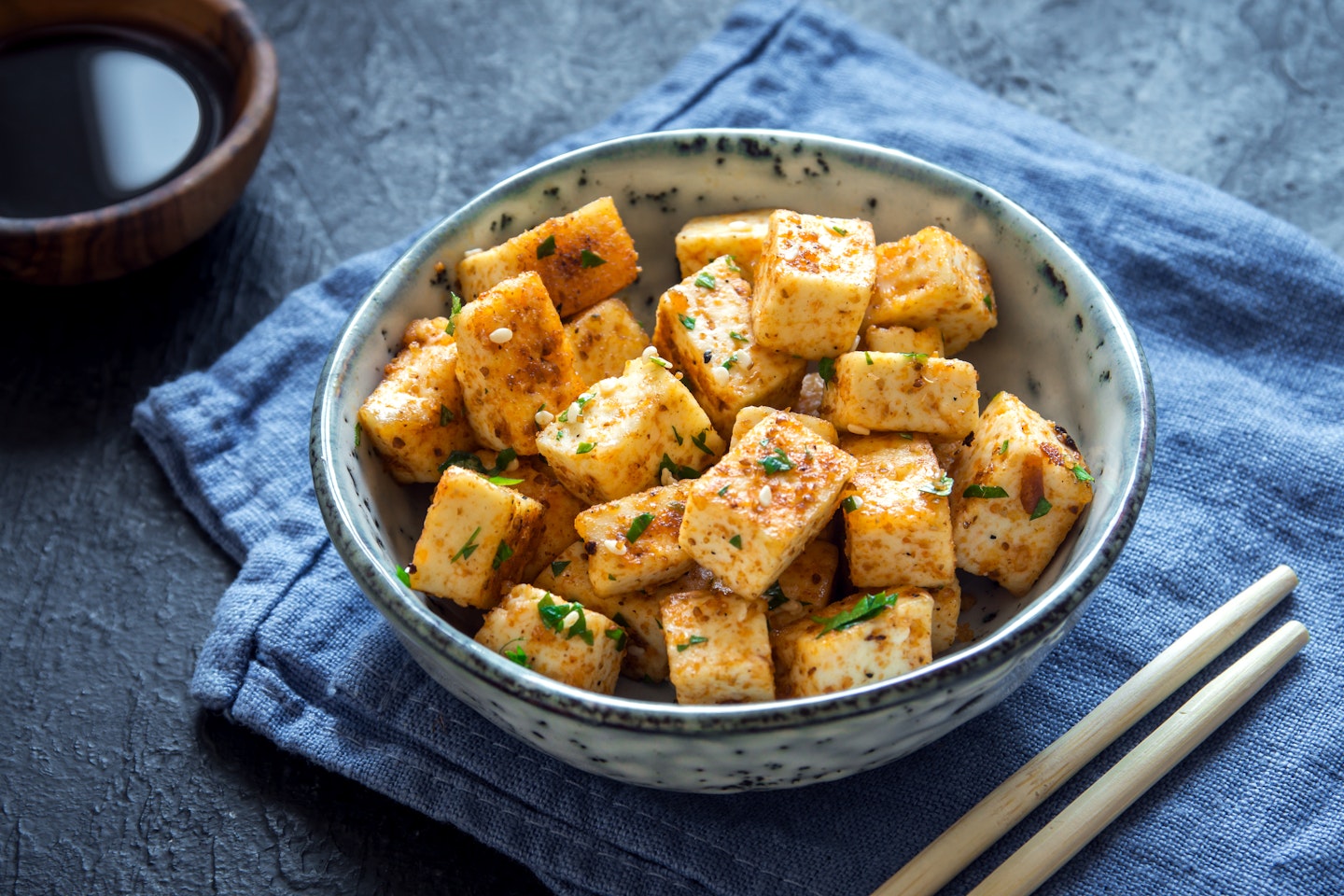 14 of 17
14 of 17Tofu
This tasty meat substitute provides 10 grams of protein per cup PLUS it can be used as anything from dessert to entrees.
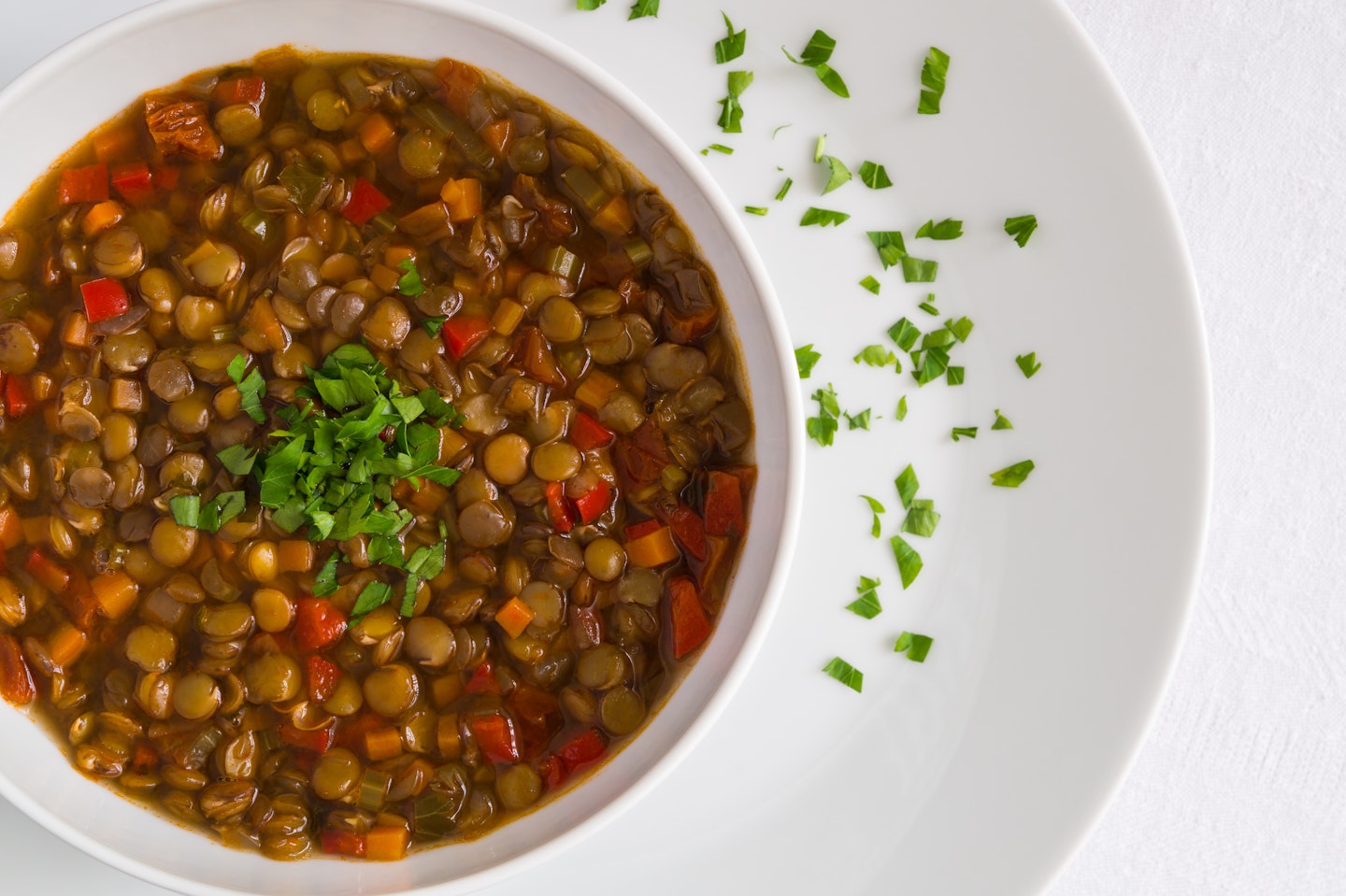 15 of 17
15 of 17Lentils
With 9 grams of protein per half cup and 15 grams of fibre, you're in for a nutritional treat with any lentil dish.
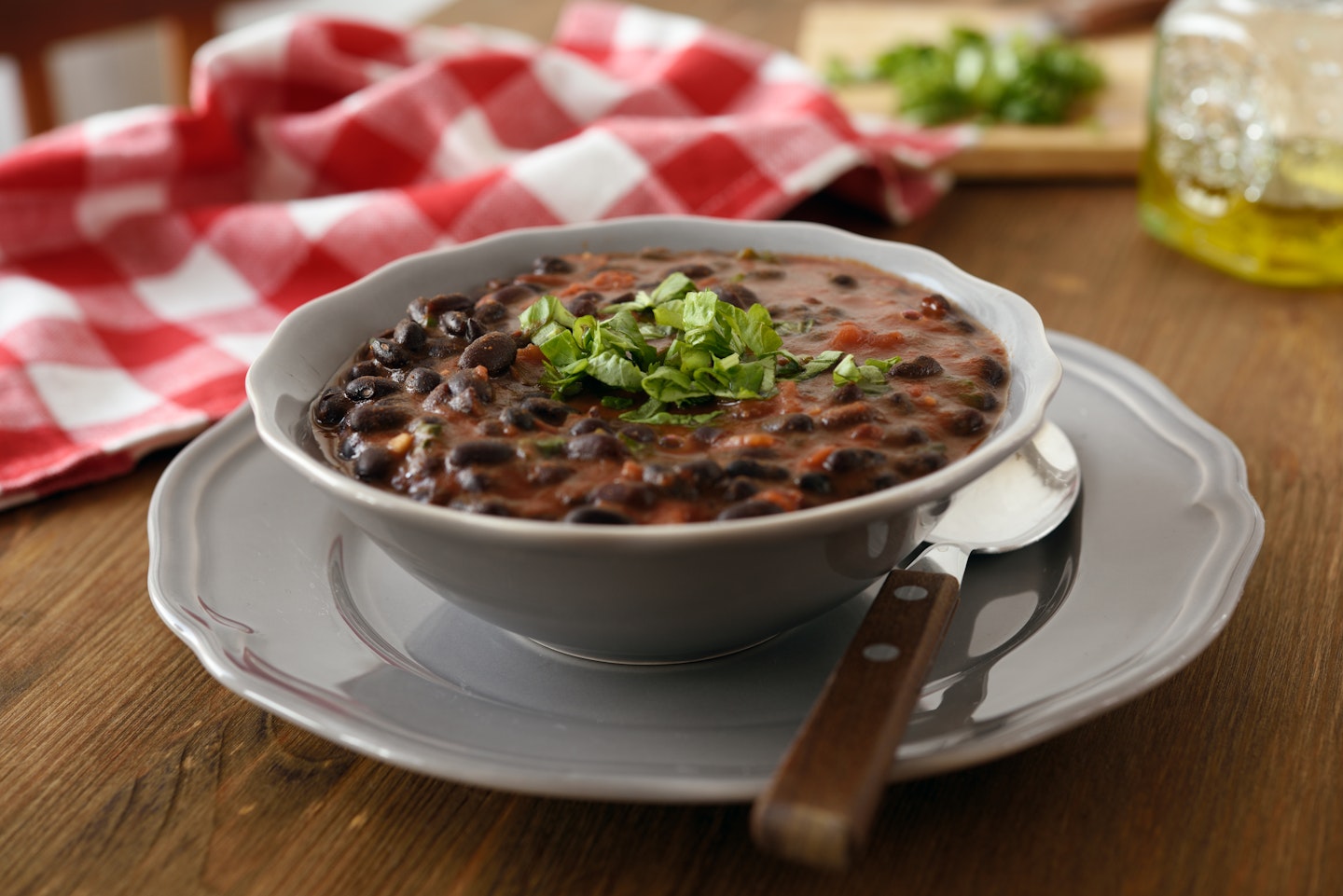 16 of 17
16 of 17Black Beans
One of the healthiest of all beans, black beans provide 8 grams of protein per half cup!
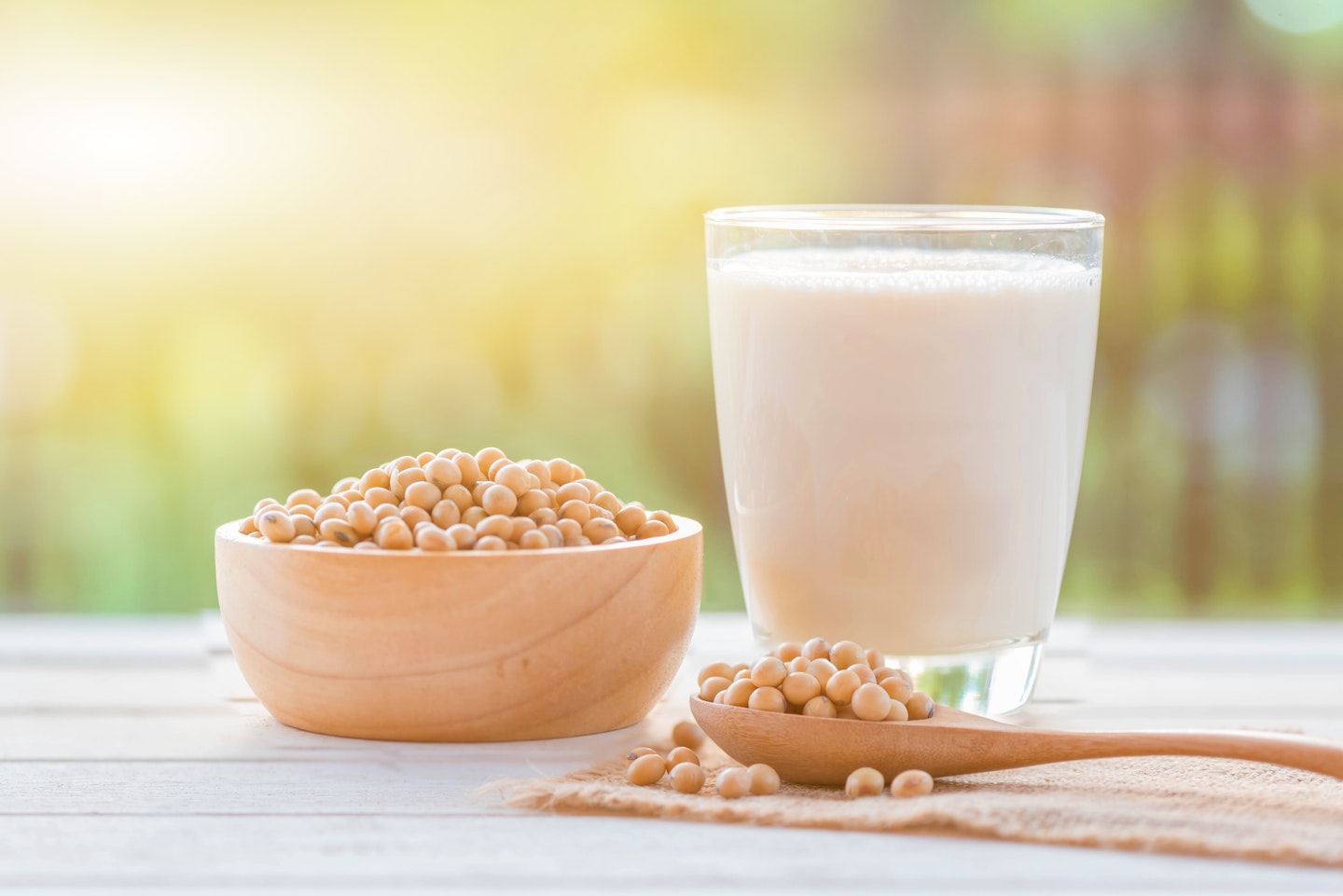 17 of 17
17 of 17Soy Milk
Organic soy milk contains eight grams of protein per cup, and serves as a substitute to cows milk.
